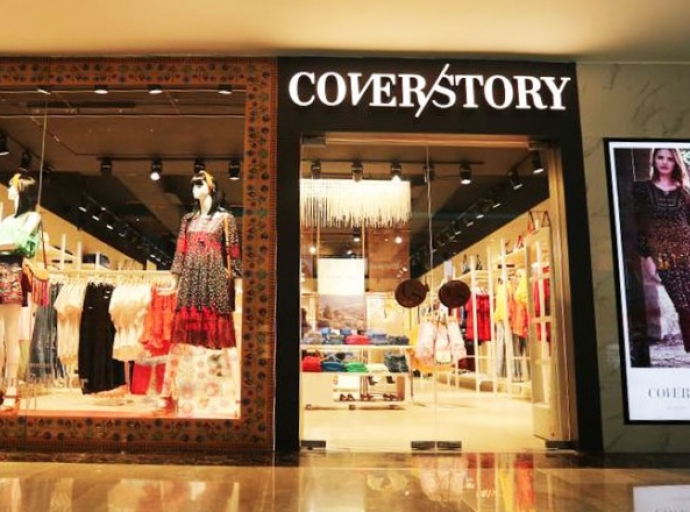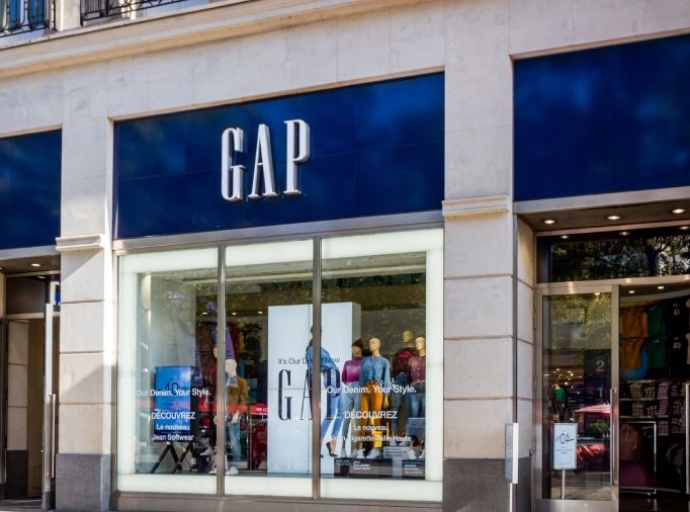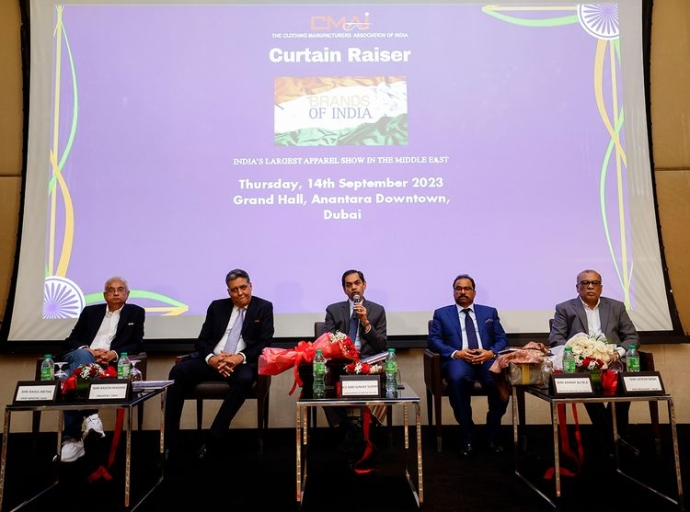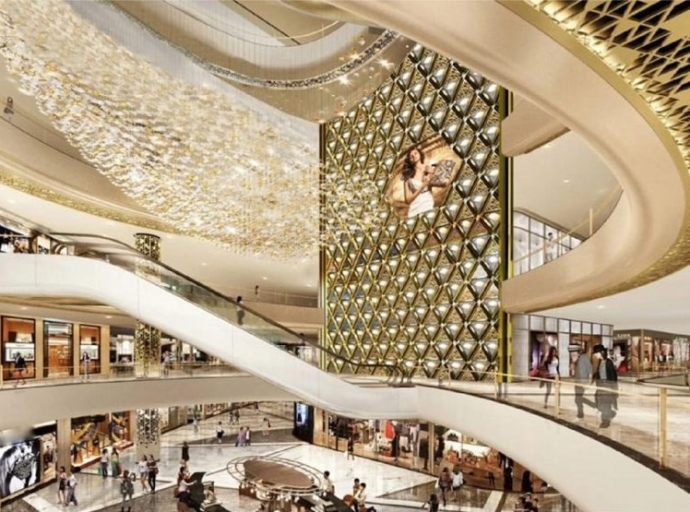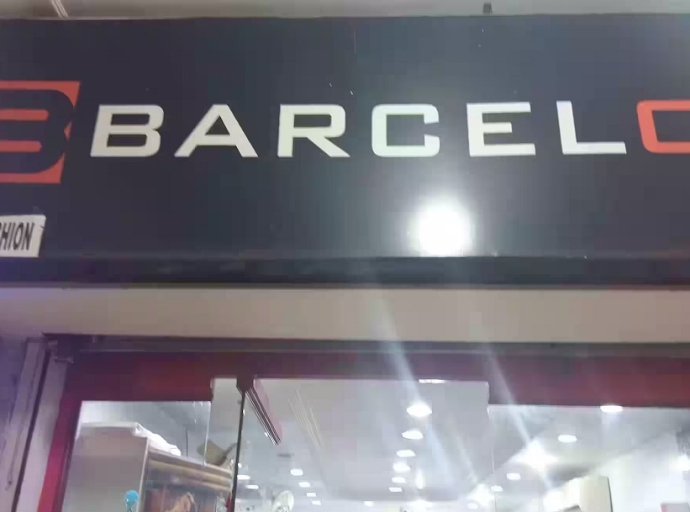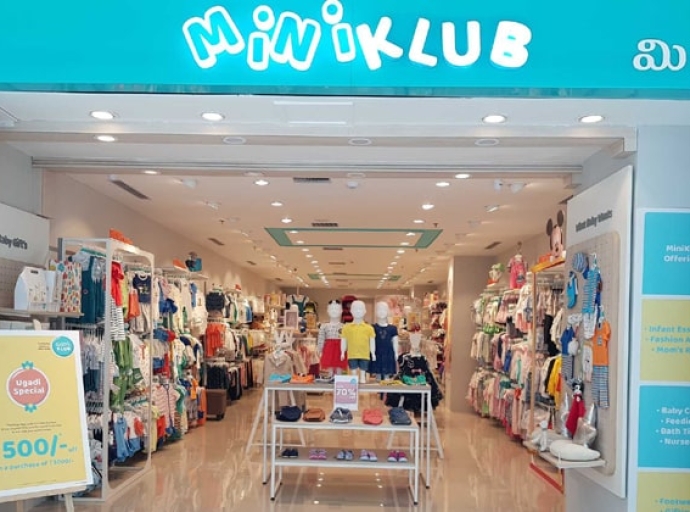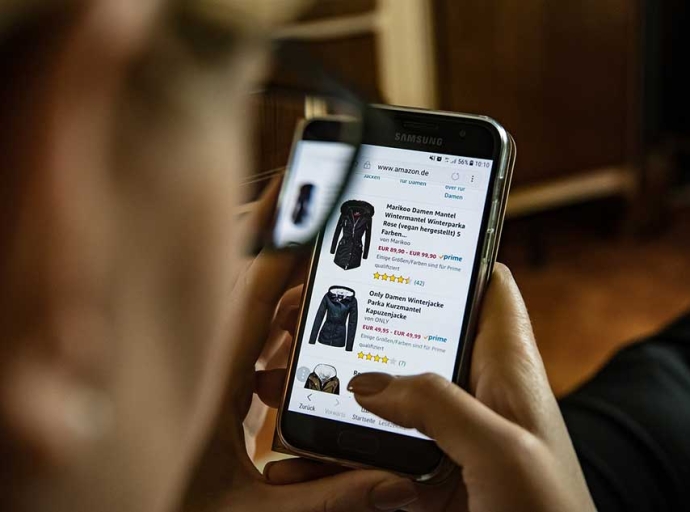14 September 2023, Mumbai
The good times are on a roll for India’s clothing and lifestyle retailers as consumers expand their spending budgets over the ongoing festive season, which is expected to continue till the end of 2023.
With retailers offering huge discount schemes across different product categories with lower price points and special festive packs as the base of their promotional and marketing strategies, things are finally looking up again after the post-pandemic spending splurge is over.
The festive season that starts with Onam in August and covers Ganesh Chaturthi, Durga Puja, Dussehra, Diwali, and Bhai Dooj all the way till Christmas in December, interspersed by the wedding season, promises to be the best yet.
Consumer spending surveys show positive trends
Most reports and surveys indicate positive vibes about a profitable festival season ahead as the discretionary spending trend in India is currently at an inflection point, with per capita GDP hovering around the $2,500 mark with many luxury brands witnessing significant traction.
According to Axis My India consumer sentiment index, about 22 percent of consumers are planning to increase their spending on apparel, accessories, and lifestyle products this year.
Data point; The overall household spending has increased by over 58 percent for most Indian families, which may be just a 2 percent rise from the last two months, but it is still the highest increase in the last five months.
Festivity drives exuberance
According to the Retailers Association of India (RAI), sales have gone downhill this year from March with April being the slowest ever in the last 14 months at just 6 per cent while May and June were dismal almost the same at 7 per cent. However, retail sales finally started getting better in July at 9 percent and this upward trend has continued ever since, both on discounted as well as full-priced products.
The festive season 2023 is expected to account for a third of total retail sales with retailers all set to launch their new collections.
‘’The perception is the upper-middle class and the middle class is inclined to spend during festivals, which will drive focus to premium products across various categories, from garments and accessories to consumer durables and IT products.
Therefore, we are forecasting a robust growth of 10-11 percent,” says Kumar Rajagopalan, CEO, of RAI.
Discounts and unsold inventory days over for now
When the post-covid splurge after lockdown years was finally over, consumers started reducing their non-essential spending on garments, accessories and lifestyle products, electronics, and dining out since the end-2022 after Diwali, mainly due to inflation, increase in interest rates, job losses, and an overall slow economy.
Large departmental stores like Pantaloon, Shoppers Stop, Lifestyle, Centro, and many other mall stores were forced to slash prices and offer huge discounts to clear unsold inventory over the past 6-8 months after consumers started tightening their purse strings.
Devarajan Iyer, CEO, Lifestyle International explains the last few months have been challenging but they are now seeing single-digit same-store sales. Retailers have managed their inventory for the festive season after gauging demand boost.
The increased need for gifting to friends and family which is further spurred by discounted prices and bulk buying of the on-going festive season is currently keeping Indian apparel retailers in the hope to bring in enough profits to tide over the rest of the year.
Latest Textile Events


